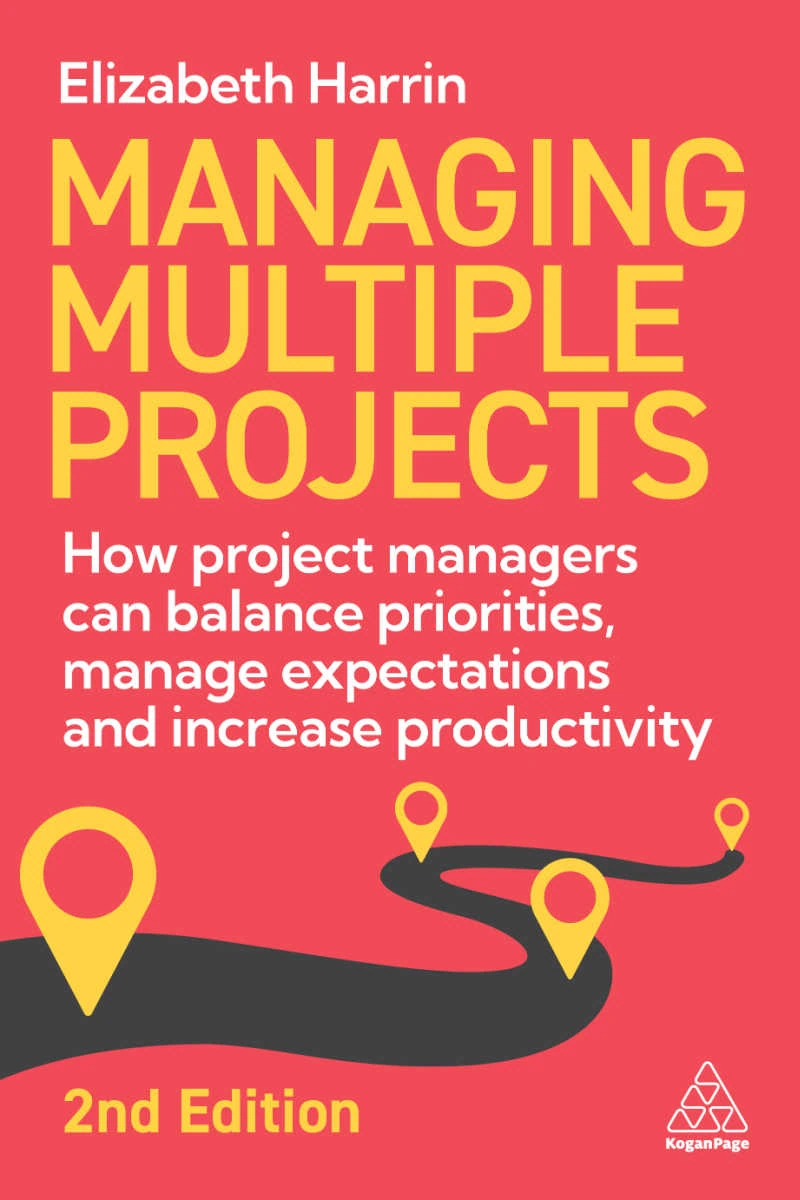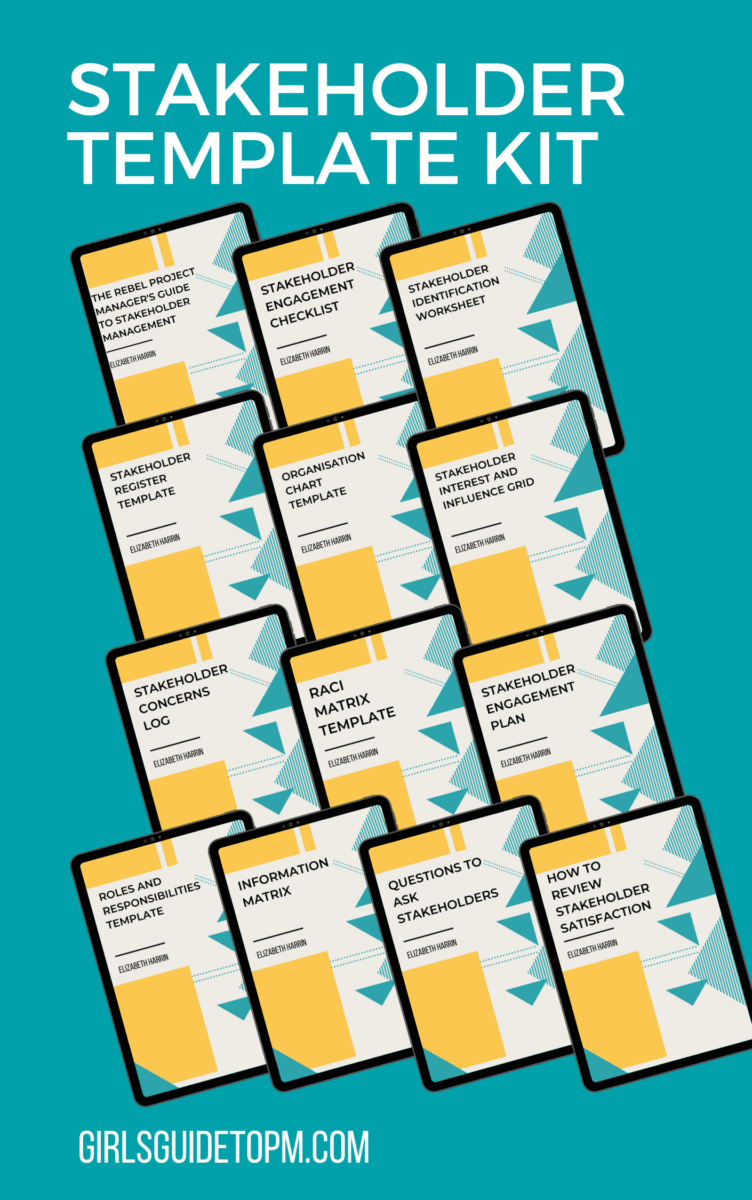6 Ways to Create Effective Working Relationships
“The ability to understand people is one of the greatest assets anyone can have,” said Alfonso Bucero, speaking at the PMI Global Congress EMEA in London. Understanding others takes time and effort, he added. But it improves your ability to communicate with them.
His presentation offered several tips for better understanding your project stakeholders and creating good working relationships with your colleagues.
Here are 6 tips for building a good rapport with your colleagues:
- Use the word ‘you’
- Respect and recognize everyone
- Share what you have in common
- Show people you care
- Help them
- Ask questions.
Let’s dive into those tips in more detail so you can see how to make them work in your office environment.

1. Use the most important word: YOU
Alfonso said that the most important word to use in conversation and when working with others is “YOU”.
Here are some examples — you can see how easy it is to drop this word into discussion.
- Thank you
- What is your opinion?
- I appreciate your efforts
- You did a good job
- I want to understand you better.
Remember that good working relationships with your colleagues come from understanding how they think.
Normally that comes down to understanding what’s in it for them. On any project, when you are trying to engage anyone at work, think primarily about what’s in it for them and frame your message in those terms.
2. Respect and recognize everyone
Everyone has unique qualities. Appreciate the differences in the team. Celebrate each other’s approaches and outlooks and recognize that different cultures see things from a different perspective.
That’s OK. You can’t expect everyone to work in the same way as you so don’t approach your colleagues with those expectations. Respect their ways of working as you would expect yours to be respected.
Emotional intelligence and interpersonal skills are so important — so much so I feel they’re worth a mention as some of the key trends in project management.
3. Share what you have in common
Even through our differences you have a lot in common. You work for the same company. You may work on the same project. You share the same experiences in terms of organizational successes and defeats, failed projects and successful bids. Your emotional reaction to many life events are likely to be similar to your colleagues.
Share personal stories with your colleagues where you feel able to do so. Speak enthusiastically about your work and what they are doing and encourage others to do the same.
4. Show people you care
Support and encourage your colleagues. Listen to them. Your behavior elicits a reaction in those around you, so be alert to that and work out how you can use it to your advantage to shape the mood in the room.
“Apply your authenticity. Say what you believe and act on what you say.”
Alfonso Bucero
Showing people you care at work takes a variety of forms from active listening to gift baskets for the arrival of a new baby (I got a couple of those, thanks very much, work colleagues).
If people know that you care about what happens to them and their teams, then they are more likely to recognize what you know. “Nobody knows how much you know until they know how much you care,” Alfonso said.
Develop your personal empathy, and understand that their reactions are not always what you would expect.
5. Help your colleagues
“Anybody who helps somebody influences a lot of bodies,” he said.
Being helpful is a great way to build working relationships that last a long time. It’s a way of creating social capital which can come in useful a lot later.
Helping people at work covers everything from doing a small favor, to answering their phone while they are away from their desk, to helping them hit deadlines, to coming in at the weekend to help with a software launch to …well, just about anything.
The flip side of helping is that you don’t want to become a dogsbody. Don’t say yes to every request unless you can genuinely offer useful help that won’t interfere with your own productivity.
It’s important to understand the difference between being helpful and being used.
A great way to work out what your colleagues need and how to best help them is to use stakeholder engagement techniques. My Stakeholder Management Template Pack has everything you need to pinpoint who is influential to your projects at work and what you can do to best serve them.
6. Ask questions
You will understand your colleagues better, and be able to build longer term, trusted working relationships with them if you ask questions.
When you talk to your colleagues, aim for a tone that suggests you are leveling with them without pretense or excessive emotion, Alfonso recommended.
Ask them what is important to them. Ask how they like to work. Ask how you should keep in touch. All of this helps you see things from other people’s perspective which helps you understand where they are coming from.
The ability to understand people is your choice. You can improve your ability to build positive working relationships and you are capable of understanding others.
You just have to want to, and work at it. These tips will hopefully get you started building working relationships that are long-lasting, productive and effective.
Pin for later reading



